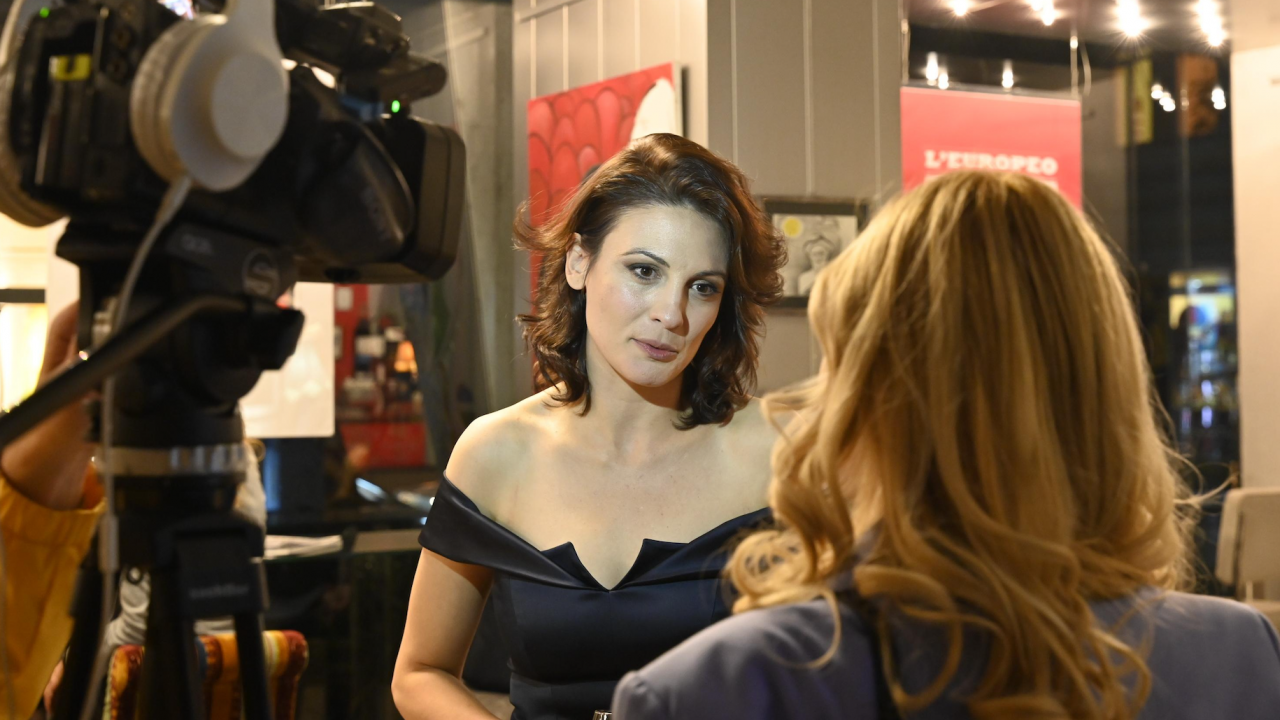Violence against women is not just a matter of justice. It is also that of carers. But to detect this violence, to know how to address the subject with the victims and to whom to direct them, it is still necessary to be trained. On the occasion of the International Day for the Elimination of Violence against Women, two gynecologists from the Sainte Musse hospital in Toulon, doctors Mouna El-Omri and Quentin Berl, therefore proposed a training meeting to their colleagues.
“We are confronted with cases of violence on a daily basis, but if we are not trained we do not know how to identify them”alert the Dr Berl. OR, “the victims of violence in our offices are three or four women out of ten patients”insists the Dr El Omri.
Any tips to detect these cases? Already being worried, posting documentation in services that allows victims to feel that caregivers are aware of the matter, to know how to identify the signals they should alert. “Above all, you must have the courage to ask the question, point the Dr El Omri. A simple question is enough: “How are you at home?” or “Did you fall or were you pushed?” or “Did something happen to you that shouldn’t have happened?” And thenshe says, “a recommendation from the HAS to systematically ask the question”. “Just as we ask patients for their history, we need to ask them to know if they have ever been a victim of violence,” complete the dr Berl. When a victim answers affirmatively, it is an element that allows the doctor to interpret the symptoms differently, and to propose adequate treatments; the medical decision depends on this answer, it makes sense to ask for it. » It is also necessary, continues the Dr Berlin, “be able to accept the answer, without questioning the patient’s word”.
Signs to know
In the context of the violence, it is also necessary to identify some signs, such as fractures of the jaws or punctured eardrums (due to the slaps). “Unfortunately, regret with one voice the two gynecologists, if all emergency room doctors know how to identify the signs of stroke or heart attack, this is not always the case for those related to violence. Yet there are many more!”
Their conference gave caregivers the tools to know how to react, treat, identify dangers, urge the victim to file a complaint or report the most serious cases to the Public Prosecutor’s Office, draw up a descriptive medical certificate and contact specialized associations.
At the end of November, about twenty health professionals and doctors (mainly interns) took part in this training. Their two interlocutors plan to renew it every six months, with each new promotion of interns, and twice a year for nurses responsible for reception services.


